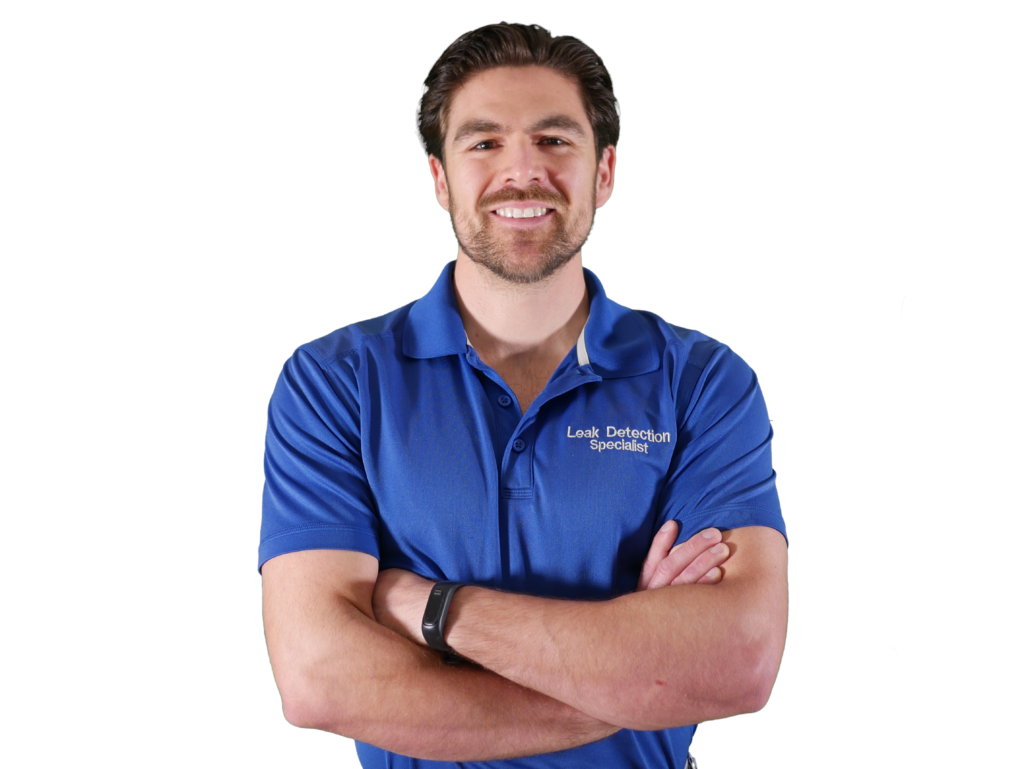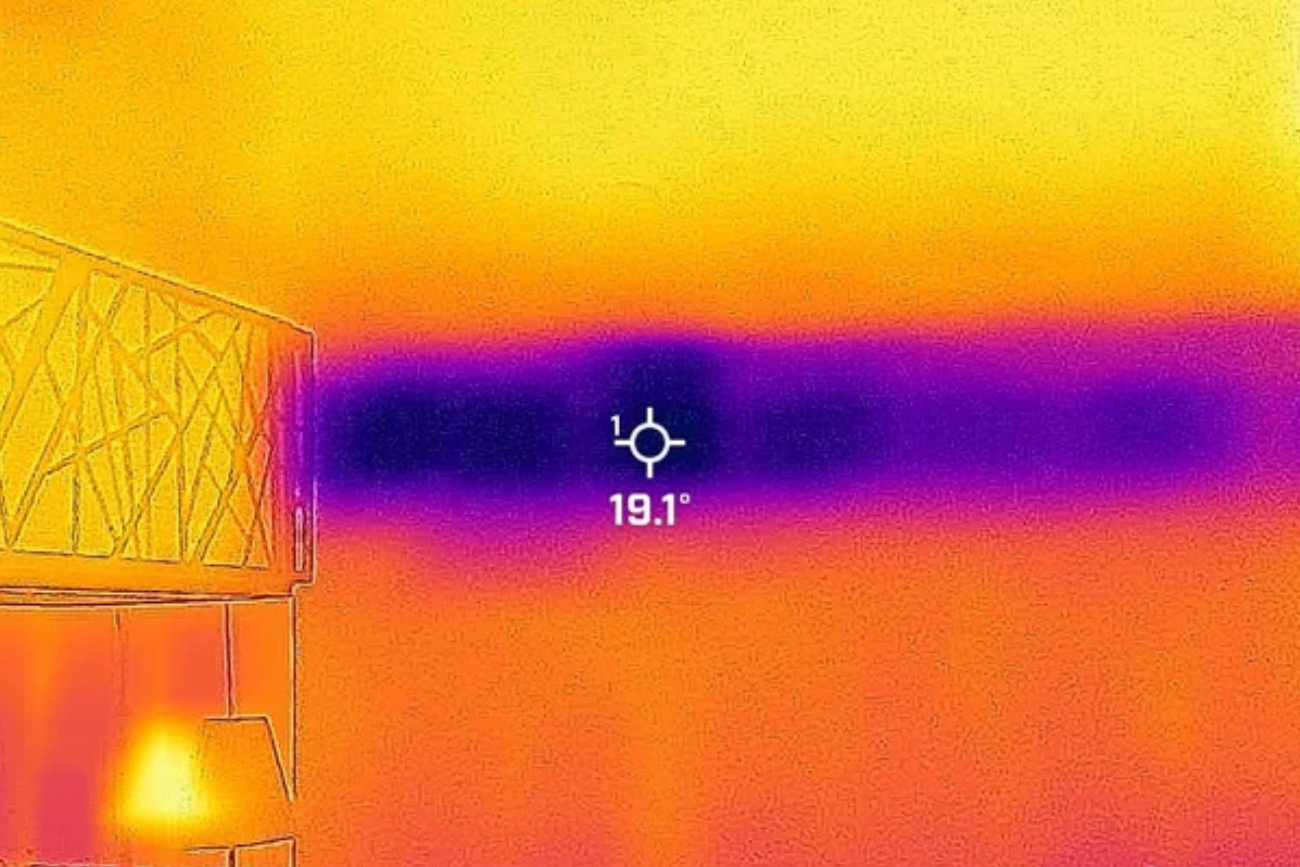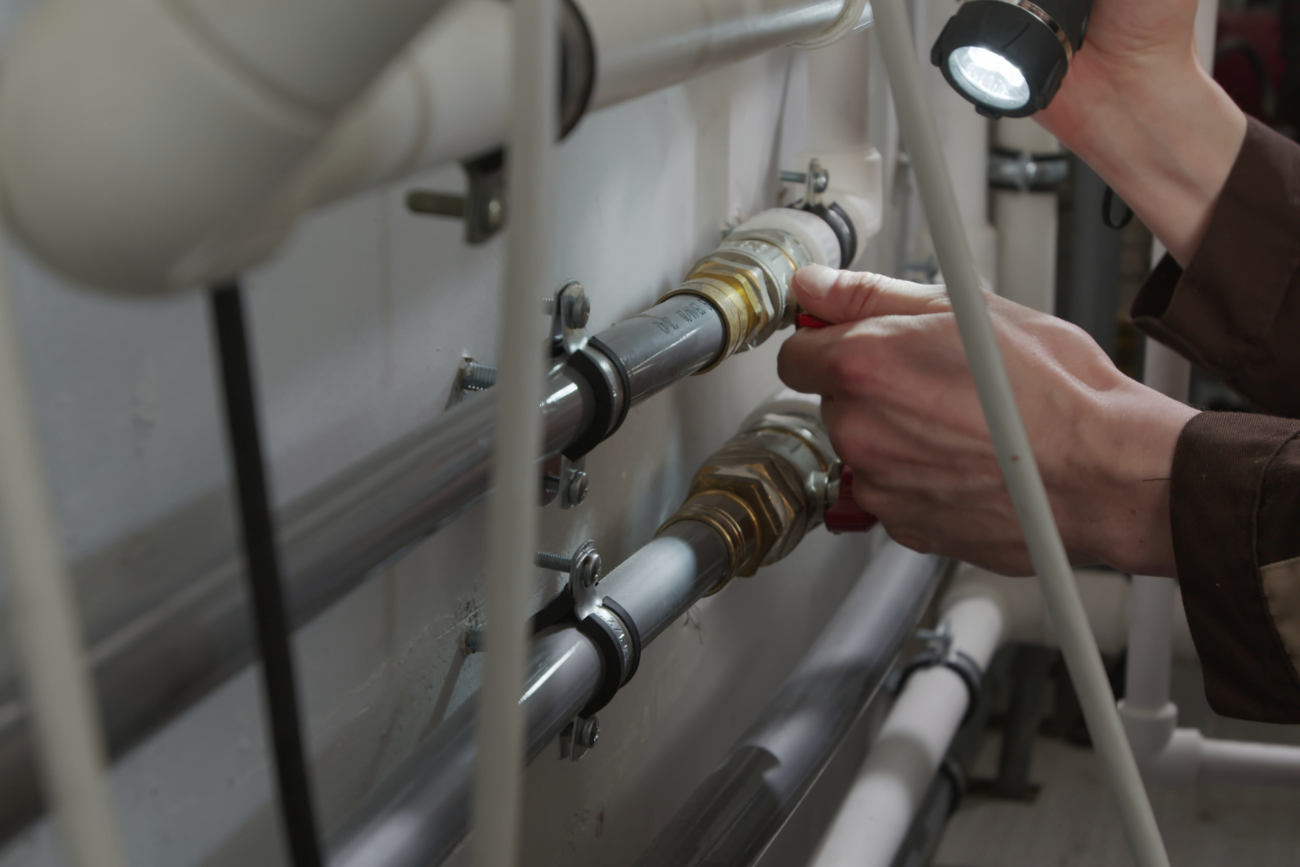Leak Detection in the Sewer and Drain Industry
Sewer and Drain Industry
Leak detection in the sewer and drain industry is essential for protecting the environment, maintaining public health, and ensuring the integrity of infrastructure. By employing advanced detection technologies and following best practices, sewer and drain operators can reduce the risk of system failures, prevent costly repairs, and remain compliant with regulatory requirements. For expert leak detection services tailored to the needs of the sewer and drain industry, contact Pegasus Leak Detection today. We’ll help you safeguard your infrastructure and protect the communities you serve.

Leak Detection in the Sewer and Drain Industry
Overview
In the sewer and drain industry, leak detection is a vital service for maintaining the integrity of infrastructure, preventing environmental contamination, and minimizing costly repairs. Leaks in sewer lines and drainage systems can lead to groundwater pollution, structural damage, and public health risks. With aging infrastructure and increasing regulatory pressures, efficient leak detection helps prevent system failures and ensures compliance with environmental standards.
The Importance of Leak Detection in Sewer and Drain Systems
Leak detection in sewer and drain systems is essential for several key reasons:
- Prevent Environmental Contamination: Sewer leaks can release untreated wastewater into the ground, contaminating groundwater, rivers, and lakes, leading to environmental damage.
- Avoid Structural Damage: Leaks can erode surrounding soil, potentially causing damage to buildings, roads, and other infrastructure.
- Maintain Regulatory Compliance: Sewer systems are subject to strict environmental regulations. Detecting leaks early helps avoid fines and meet standards set by local, state, and federal agencies.
- Protect Public Health: Leaks in sewage systems can lead to the spread of harmful bacteria and pollutants, endangering public health.
- Reduce Repair Costs: Early detection of leaks helps prevent major system failures, reducing the cost of repairs and minimizing downtime.
Common Leak Sources in Sewer and Drain Systems
Leaks in sewer and drain systems can occur for several reasons. Common sources of leaks include:
- Cracked or Corroded Pipes: Sewer lines made from aging materials like clay or cast iron are prone to cracking, leading to leaks and infiltration.
- Joint Failures: Over time, the joints between sewer pipes can fail due to ground movement, root intrusion, or wear, resulting in leaks.
- Root Intrusion: Tree roots can penetrate sewer lines, causing cracks and blockages that lead to leaks.
- Faulty Connections: Poor installation or shifting soil can result in misaligned or disconnected pipes, leading to leakage.
- Manhole Damage: Manholes can develop cracks or damage from heavy traffic and weather conditions, allowing wastewater to escape.
Advanced Leak Detection Technologies for Sewer and Drain Systems
Leak detection in sewer and drain systems requires specialized technologies to identify hidden leaks without disrupting operations. Some of the key technologies used include:
- Smoke Testing: Smoke is pumped into the sewer system. If the smoke escapes through cracks or breaks in the pipes, it indicates the location of a leak or illegal connection.
- CCTV Camera Inspection: High-resolution cameras are inserted into the sewer lines to visually inspect the condition of the pipes, identify cracks, root intrusion, or other forms of damage.
- Acoustic Sensors: Acoustic devices detect sounds generated by leaks in pressurized pipes or sewer systems, allowing for precise leak location.
- Dye Testing: Dye is introduced into the system to track the flow of wastewater and pinpoint leaks or illegal cross-connections between storm and sanitary sewers.
- Tracer Gas Detection: Harmless gas is injected into sewer lines, and its escape through leaks is detected by specialized sensors.
Best Practices for Leak Detection in Sewer and Drain Systems
To ensure efficient leak detection and avoid major sewer system failures, it’s important to follow best practices:
- Regular Inspections: Conduct routine inspections using CCTV cameras or smoke testing to identify potential problems before they escalate into serious leaks.
- Monitor High-Risk Areas: Pay special attention to areas prone to ground movement, root intrusion, or high traffic, where sewer lines are more likely to fail.
- Implement a Preventive Maintenance Plan: Establish a plan that includes regular inspections and proactive repairs to minimize the risk of leaks.
- Use Advanced Technology: Employ cutting-edge technology like acoustic sensors, CCTV, and smoke testing to improve detection accuracy and minimize disruption to services.
- Work with Leak Detection Experts: Partner with specialists like Pegasus Leak Detection who have the expertise and tools to locate and diagnose sewer and drain leaks efficiently.
Environmental and Financial Impact of Sewer Leaks
Undetected leaks in sewer systems can have severe environmental and financial consequences:
- Water Pollution: Leaking sewage can contaminate drinking water sources, lakes, rivers, and groundwater, leading to harmful environmental effects and legal liabilities.
- Soil Contamination: Wastewater leaks can cause soil contamination, leading to long-term ecological damage and expensive remediation efforts.
- Increased Maintenance Costs: Failing to detect sewer leaks early can lead to costly emergency repairs, often requiring extensive excavation and replacement of damaged pipes.
- Public Health Risks: Leaks can expose communities to harmful pathogens, causing serious public health concerns and possible outbreaks of waterborne diseases.
Regulatory Compliance in the Sewer and Drain Industry
Leak detection is crucial for maintaining compliance with a range of environmental regulations, including:
- Clean Water Act (CWA): Sewer leaks that result in contamination of waterways may violate the Clean Water Act, leading to fines and mandatory corrective actions.
- EPA Standards: The Environmental Protection Agency (EPA) requires that municipal and industrial sewer systems meet certain standards for wastewater management, including the prompt identification and repair of leaks.
- State and Local Regulations: Many states and municipalities have additional regulations governing the maintenance and integrity of sewer and drainage systems. Routine leak detection helps ensure compliance with these local standards.
Get in Touch
If you have any questions or need professional leak detection services, don’t hesitate to contact me, Philip, at Pegasus Leak Detection. I am dedicated to providing reliable, efficient, and effective solutions to meet your needs.
Protect your property, conserve resources, and reduce your environmental impact. Reach out now for expert leak detection services.










